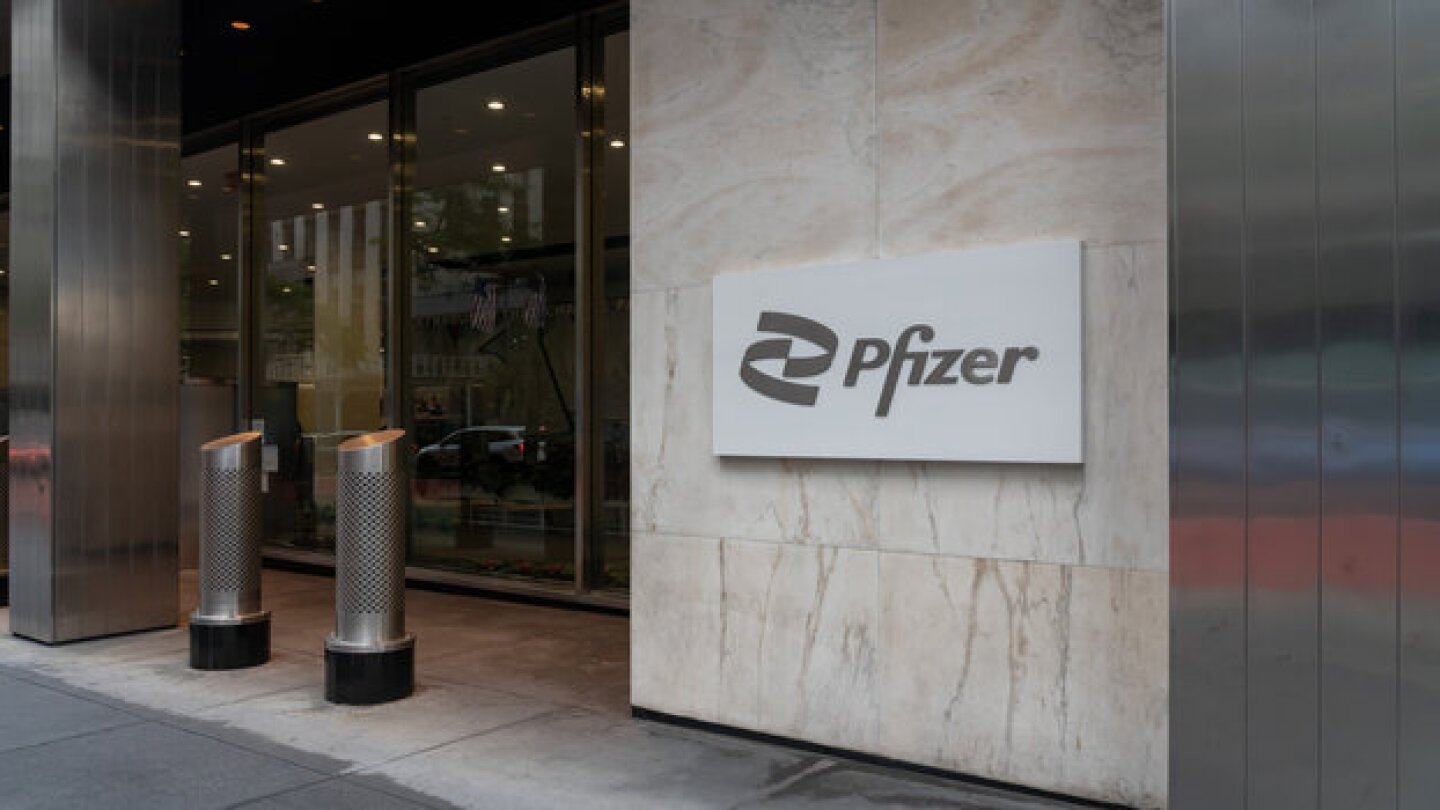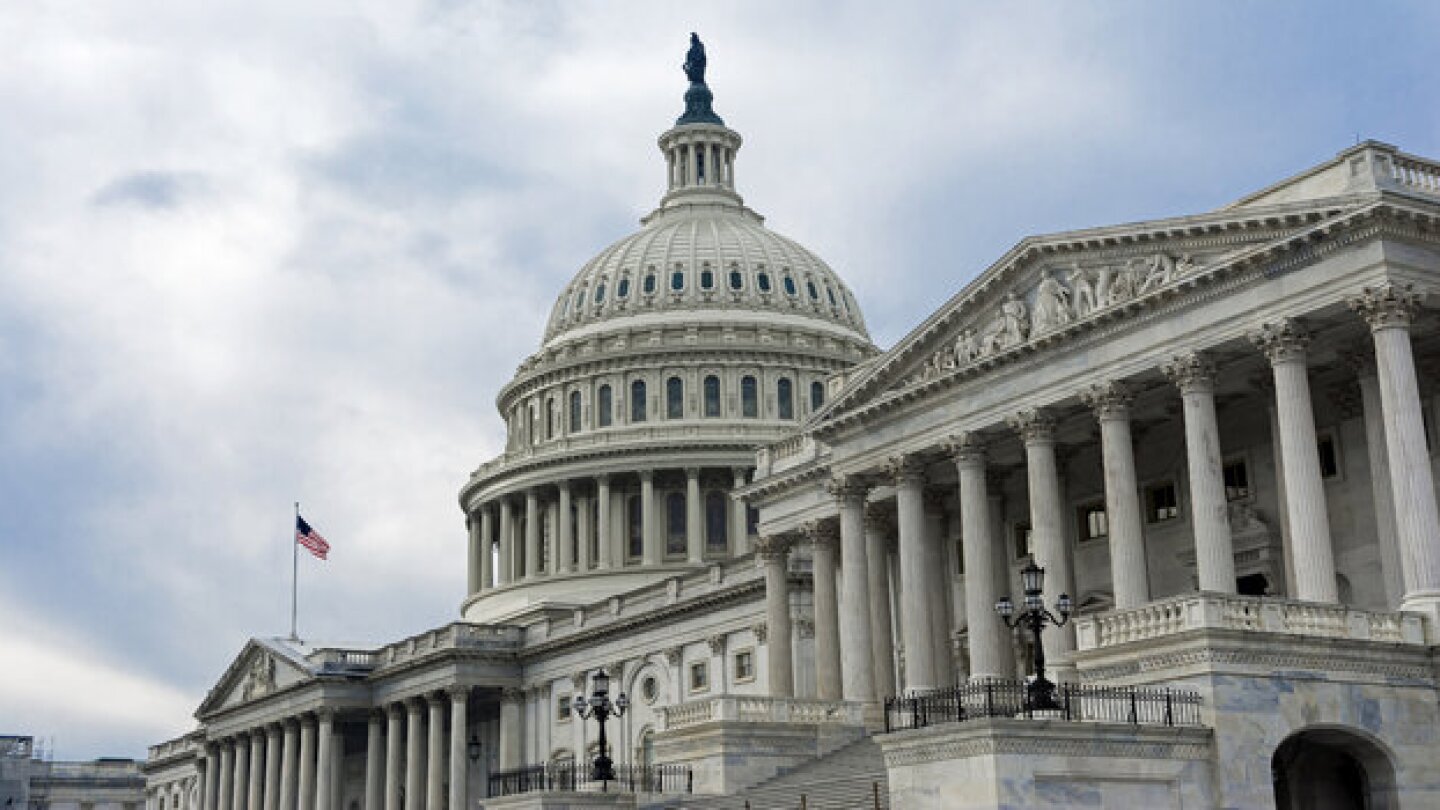Government
The last few years have been tough for the insulin market, with recent policies and high-level pressure forcing companies to lower drug prices.
Congress did not reauthorize the rare pediatric disease priority review program at the end of 2024. Advocates say the ripple effect is already being felt across biopharma.
Last week, Eli Lilly also responded to the President’s tariff warnings by investing $27 billion to construct four manufacturing facilities across the U.S. in five years.
In the five weeks since Donald Trump returned as U.S. president, the FDA, NIH and CDC have been thrown into disarray, with meetings regarding vaccines and rare diseases canceled or indefinitely postponed—all without a clear reason why.
The move comes after President Donald Trump warned Big Pharma leaders that he would impose tariffs on them if they refuse to reshore their manufacturing operations.
The back-to-back high-level disruptions in vaccine policy under Robert F. Kennedy Jr. comes as the U.S. records its first death from measles since 2015.
While many industry players and observers have high hopes for the EPIC Act, some say budgetary headwinds could make it difficult for the current administration to make meaningful repeals or amendments to the IRA.
Price-negotiation provisions that are out of step with reality are discouraging funders and Big Pharma partners from investing in potentially transformative therapies. Fixing some of the unintended consequences of the IRA will clear the way for innovative medicines to reach patients in need.
President Trump also refused to promise pharma execs that he would hamstring the IRA’s drug negotiation program.
Around 300 FDA staffers laid off last week are being asked to return. So far, the Trump administration has terminated some 1,000 employees from the agency.
PRESS RELEASES










